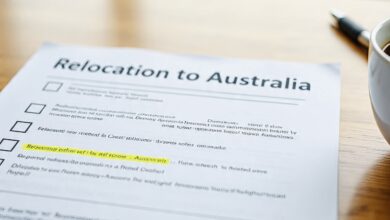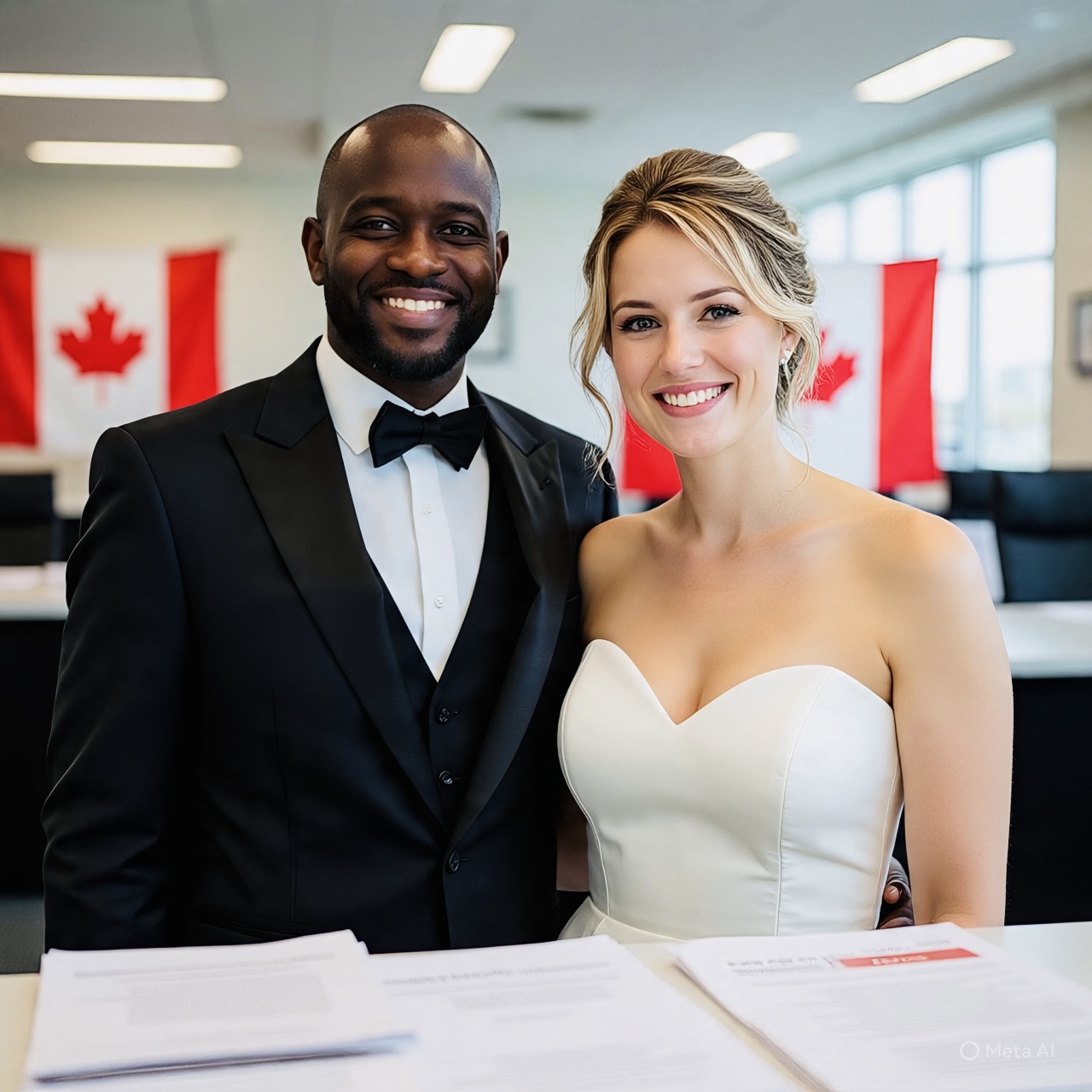This article will help you understand the many forms of visa sponsorships, which visas require employer assistance, how to identify jobs that offer visa sponsorship, and answer frequently asked questions.
Living and working in the United States is a dream for many individuals worldwide seeking new opportunities. But what about really making it happen? This is where things might become difficult.
If you’ve ever wondered, “How can I get sponsorship to work in the United States?” or “Is there any way I can legally live in America?” then this visa sponsorship guide is for you.
In this tutorial, we’ll cover the various types of visa sponsorships, the visas that require employer sponsorship, how to identify employers that provide visa sponsorship, and commonly asked questions to help you navigate the process.
This is a process in which a person, company, or organization is responsible for helping a foreign citizen obtain a visa to work and live in the United States of America.
Visa sponsorship requires the person or company to be fully responsible for obtaining legal authorization to work in the United States. This process is usually submitting the necessary documents and showing that a US citizen cannot do the job and that the foreign worker is qualified for the post.
Family-based sponsorship occurs when a US citizen or green card holder assists another family member from another nation in permanently relocating to the United States.
Each sort of visiting visa serves a distinct function. And after that task is completed or the visa expires, the visitor is expected to leave. F-1 students may go to the United States to attend school. B-2 visitors, on the other hand, may come for tourism, to see friends and family, or for other leisure travel.
The United States government wants visitors to feel confident that they can support themselves while in the country and leave when the time comes. Visa sponsorship for travelers might aid with the approval procedure.
Generally, the United States government does not require visa sponsorship for B-2 visas. A foreign traveler with a stable financial situation and who satisfies the other visa conditions can usually acquire a B-2 guest visa without a sponsor.
If a family member or friend agrees to sponsor the visitor, it indicates that the sponsor has promised to cover the costs if the visitor is no longer able to pay. It reduces the possibility of the visitor becoming a public charge.
To sponsor a tourist, the supporter completes Form I-134, Declaration of Financial Support. He or she must submit the I-134 statement, a letter of invitation, and supporting documentation to demonstrate their financial ability to cover the trip’s expenditures.
3. Employment-based sponsorship
Employment-based sponsorship occurs when a US employer assists a foreign national in obtaining a work visa to fill a specific position in the United States.
4. Humanitarian financial support
Aside from family and employment-based sponsorship, there is another avenue for individuals and organizations to aid persons from other countries immigrate to the United States.
Humanitarian financial sponsorship is a sort of visa sponsorship in which individuals or groups in the United States accept financial responsibility for those participating in specific humanitarian activities.
The supported Programs include
Ways to Find a Sponsor for an Employment Visa
For employment-based green cards and work visas, the first step is to contact potential visa sponsors. But how do you locate one? Several databases exist to help job seekers like you. These websites may provide lengthy histories of previous sponsors, connections, job kinds, credentials, and other useful information.
What You Should Know About Self-Sponsorship
Certain people may petition for a green card. This is a very small group of foreign nationals. To self-petition, the individual files Form I-360, Petition for Amerasian, Widow(er), or Special Immigrant, based on inclusion in any of the following categories:
U.S. widows and widowers. Citizens may file if they were not officially separated or divorced from the citizen at the time of his or her death, have not remarried, and submit the petition within two years of the person’s death.
Battered spouses/children/parents may file if they were subjected to violence or extreme cruelty at the hands of a US citizen or lawful permanent resident spouse or parent, or a US citizen son or daughter.
Special immigrants may file if they are eligible for one of the many groups, such as religious workers or special immigrant juveniles.
Certain highly skilled persons may self-petition for employment-based visas. Generally, self-petitioners do not require a financial sponsor. For more detailed information, see the USCIS guidelines.
Is it possible to obtain visa sponsorship without the promise of employment?
Yes! In some cases, visa sponsorship can be obtained without the promise of employment. Here are some reasons:
People who invest a huge amount of money in a United States company are eligible for a visitor visa.
Some visa categories, like EB-2 National Interest Waiver, give business owners access to be in the best interests of the United States.
Certain family-based immigration visas may not need a work offer. To get this done, you need a qualifying family link with a US citizen.
Individuals with professional skills and abilities may be able to get sponsorship through consultancy agreements. However, the requirements and eligibility criteria may differ.
It is important to understand these visa categories so that the application process may be seamless.
How to get a sponsorship for a US visa?
Firstly, getting a sponsorship employment visa requires an offer letter and a visa from a United States employer. The employer must send you a contract to sign, which will be indicated as part of the sponsorship documents.
Who is eligible for a sponsorship visa in the USA?
If you filed an immigrant visa petition for your relative, you must be the sponsor. You must also be at least 18 years old and a U.S. citizen or a permanent resident. You must have a domicile in the United States or a territory or possession of the United States.
How do I find a company willing to sponsor my visa in the USA?
To find companies willing to sponsor your visa in the USA,
1. Use job boards like Indeed, Glassdoor, and LinkedIn to find job postings that offer visa sponsorship.
2. Apply directly on company websites for positions that interest you.
4. Consider working with recruitment agencies that specialize in visa sponsorship in the USA
5. Join communities and network with other people.
6. Follow the company’s website and bookmark their career page.
Visa sponsorship application needs patience and guidance. Understanding the various visa sponsorship types, requirements, and eligibility is a gateway to kickstarting the process. So if you are looking for a family reunion, going for studies, a job, or a business investment, visa sponsorship is your pathway.





